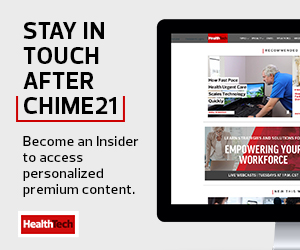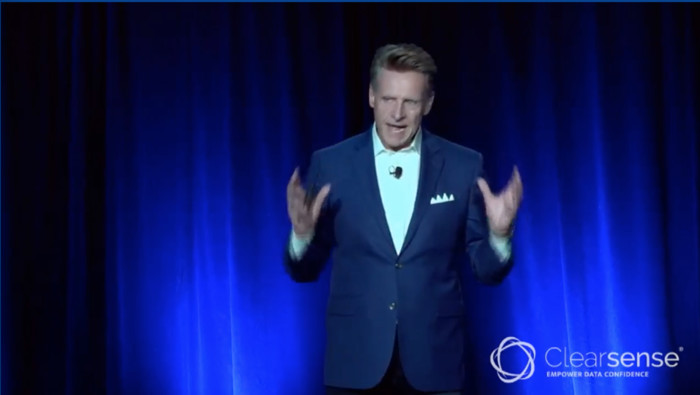Consumerism and Data Analytics Are Key to Healthcare Growth
Hyperconsumerism is a major force in healthcare, changing how traditional hospitals and clinics approach care delivery. Webb said that the major competitors to traditional healthcare organizations are consumer-centric disruptive innovators.
“Focusing on clinical efficacy and quality care is expected. Consumers have no idea how to determine clinical efficacy. Of course, the art of healthcare is important, but that’s just the entry point. The key to growth is consumerism and delivering a meaningful experience to consumers,” he said, emphasizing that it’s important to solve experience pain points and create value models where patients have more choice.
Consumerism has been an ongoing trend in healthcare, with people ordering prescription lenses, braces and hearing aids online rather than through their doctors, saving time and even money in some cases.
“Patients want less friction and more transparency. They want to know what’s going to happen and how much it will cost,” said Webb. “They want you to understand their beautiful uniqueness, culture, language and everything.”
The next phase in technology development for healthcare is zero user interface, meaning a reliance on voice recognition. This concept allows caregivers to engage with the patient directly while still using technology for clinical efficiencies. The technology becomes nearly invisible.












